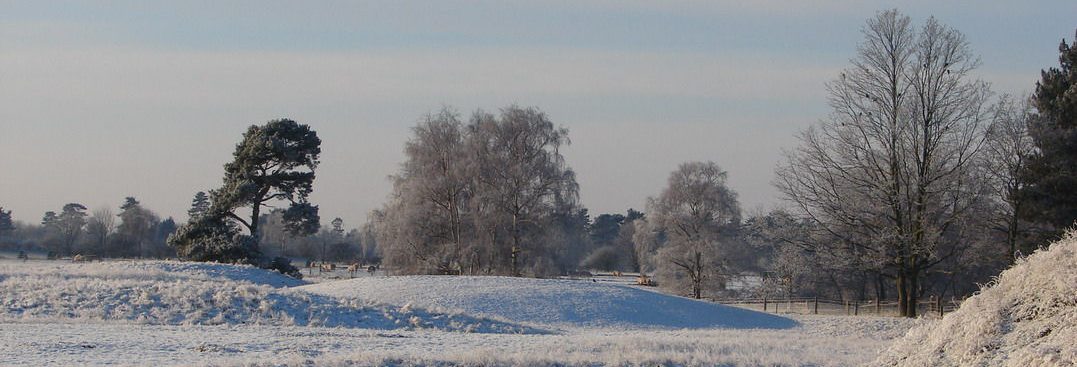The name Wuffa is listed both in King Ælfwald’s pedigree and in Bede’s version of King Rædwald’s. Bede asserts that Rædwald was the son of Tyttla, whose father was Wuffa, a quo reges Orientalium Anglorum Uuffingas appellant, ‘from whom the kings of East Anglia are called Wuffings’ (HE II, 15). In other words, Wuffa was the East Anglian dynastic eponym
It is often assumed, perhaps because of the literal style with which Bede presents Rædwald’s pedigree, that Wuffa was Rædwald’s historical grandfather. The pedigree’s horizon of historical credibility, however, so far as the present evidence warrants, extends no further than the name Tyttla. Beyond this point, the order of ancestral names bear no necessary chronological significance whatsoever. Indeed, as recent work suggests, the pedigree’s pre- and proto-historic ‘generations’ may be more accurately understood to represent symbolically filiated conventions and figures from origin-legends deemed to be relevant to dynastic authority at the time of compilation (see a fully referenced discussion of the Old English royal pedigrees in Chapter 3 of my book).
The bearer of the royal eponym Wuffa thus need not be regarded as the historical founder of the dynasty whose genealogical position came to be determined chronographically. Rather, like the Kentish dynastic eponym, Oisc (Bede, HE II, 5), Wuffa may have been the East Anglian royal cognomen, the distinguishing family-name, the bearer of which is perhaps best understood as an emblematic figure personified from dynastic origin-myth.
Etymologically, the name Wuffa appears to be a diminutive variant of Wulf, and can thus be understood to mean ‘Little Wolf’. The family-name Wuffingas seems similarly best explained as a variant of Wulfingas, ‘the Kin of of the Wolf”, a clan-name which ultimately entails a totemic affinity with the wolf. Genealogically, therefore, Wuffa, ‘Little Wolf’, should be regarded as an emblematic personification of the totemic founder and guardian-spirit of the Wuffing dynasty.
For further discussion (with full references), including the question of the relation of the Wuffings of East Anglia to the Wulfings of the Old English poems Beowulf and Widsith, see Chapter 5 of my book).
© Copyright Dr Sam Newton, Blotmonaþ AD 2000


